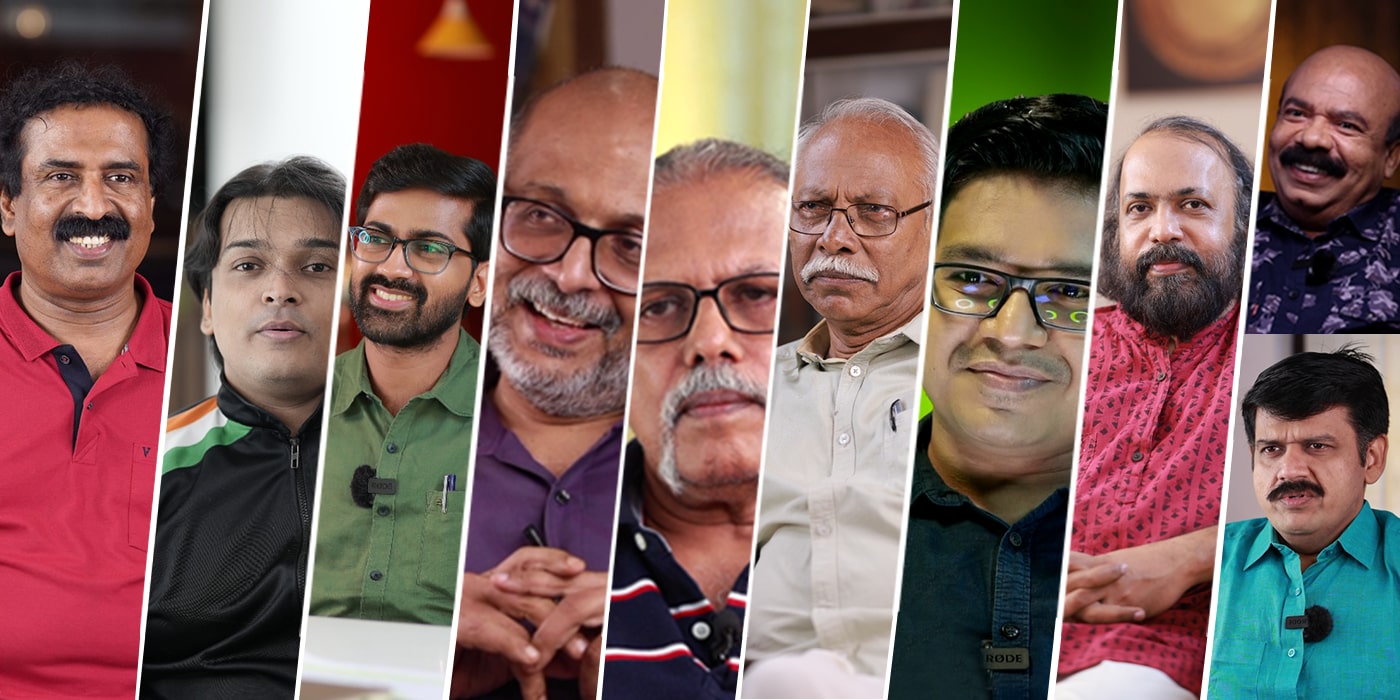

Dr. Aswathy is an Ayurvedic doctor and psychologist who combines traditional Ayurvedic treatments with modern psychological practices to promote overall well-being. Specializing in natural remedies, she addresses physical ailments and mental health issues such as stress, anxiety, and depression. Her holistic approach helps patients achieve balance and long-term wellness through personalized care that integrates both physical and mental health therapies.
This video features Dr. Ashwathy discussing mental health from an Ayurvedic perspective. It covers the rising prevalence of mental health issues in Kerala due to lifestyle changes, loneliness, and dietary habits. Dr. Ashwathy highlights early signs of depression, the stigma around seeking help, and the importance of therapy and support. The discussion also touches on the benefits of Ayurvedic and complementary treatments like hypnotherapy, the role of human connection, and Kerala’s mental health initiatives.
In this video, we delve into two fascinating psychological topics: ADHD and narcissistic traits. Through an engaging discussion, the video explores the challenges and potential of individuals with ADHD, emphasizing how structured training and positive guidance can unlock their high productivity. The conversation transitions into an analysis of narcissistic tendencies, distinguishing between healthy self-love and extreme narcissistic behaviors. Using relatable examples from films like Kumbalangi Nights and Manichitrathazhu, the video highlights how mental health issues are portrayed in media and their impact on society's understanding of these conditions.
This video features Dr. Ashwathy discussing the causes of mistrust between men and women in relationships. Key topics include: The emotional reactions to rejection, such as frustration, self-harm, or possessiveness, and how these can escalate to toxic behaviors. Identifying red flags in relationships, including excessive control, lack of mutual respect, and toxic traits like constant criticism or dominance. The importance of setting boundaries, respecting individual freedom, and fostering mutual acceptance for healthy relationships. How unresolved conflicts and toxic behaviors can lead to serious outcomes, including divorce, and their impact on children. The significance of seeking therapy or professional help to resolve relationship challenges and create a healthier dynamic. The discussion emphasizes building respectful, understanding partnerships while addressing societal stigmas around separation and mental health.
This discussion highlights the link between mental health and sexuality, emphasizing that healthy intimacy is vital for emotional well-being. It explores how issues like hormonal changes, reduced libido, and miscommunication affect relationships. Therapy, open communication, and remedies like Ayurvedic treatments can help restore balance. Gender differences in emotional expression and comfort in counseling are also discussed, stressing the importance of mutual respect and professional support.
This video emphasizes the importance of lifestyle changes and mindfulness for mental health. Key points include: Mindfulness and Meditation: Practicing mindfulness, yoga, and meditation can help alleviate depression and improve overall mental well-being. Connection with Nature: Spending time in natural settings, like beaches and forests, supports emotional healing and mental clarity. Lifestyle and Screen Time: Limiting screen time to less than an hour daily can help reduce mental health issues, especially in young adults aged 20–30, who are highly vulnerable to disorders. Addressing Stigma: Encouraging empathy and understanding towards individuals with mental health challenges.
This video is about mental health and how to manage it. The speaker discusses the importance of mindfulness practices, such as meditation and yoga, in reducing stress and anxiety. They also emphasize the importance of spending time in nature and limiting screen time. Additionally, the speaker highlights the importance of seeking professional help if needed and encourages viewers to take care of their mental health.